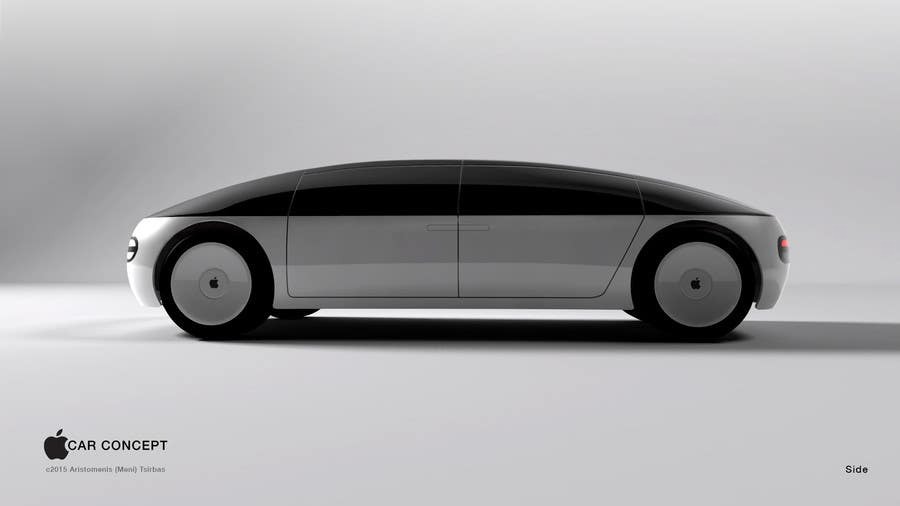
Apple has decided to cancel its electric car project, marking an end to the ambitious initiative known as “Project Titan.” This decision signals a significant shift for Apple, redirecting focus away from automotive ambitions back towards its core tech domains and potential new ventures.
Cancellation of the Project
Apple’s decision to cancel its electric car project announced internally to the nearly 2,000 employees involved came as a surprise according to Bloomberg. COO Jeff Williams and VP Kevin Lynch made the announcement. Following the project’s wind-down, many team members are expected to transition to the artificial intelligence division, focusing on generative AI. Earlier this year, rumors indicated Apple had scaled back its car project, moving away from a fully autonomous vehicle to focus on an electric car with more limited self-driving capabilities. However, these plans have now been completely shelved, marking an end to Apple’s automotive ambitions.
The Troubled History of Apple Car
In 2014, Apple began “Project Titan,” envisioning a vehicle that merged Apple’s innovation with autonomous driving. The project’s early days were marked by enthusiasm, with Apple recruiting top talent from the auto industry and beyond, signaling a bold entry into the automotive world.
As rumors began to appear, Apple’s vision seemed to be a fully autonomous electric car. The tech community buzzed with speculation about an Apple Car that could challenge industry giants like Tesla. However, the path forward was anything but straightforward. Leadership changes became a recurring theme, with the project seeing multiple heads over the years, each bringing a new direction and focus.
By 2016 and 2017, signs of internal challenges began to surface with Apple Car lead Steve Zadesky departing the company. The project underwent significant shifts from a complete vehicle to an electric car with some self-driving features. This period also saw substantial layoffs and reassignments within the team, as Apple scaled back its ambitions.
Despite these hurdles, Apple pressed on, continuing to test and develop its autonomous driving systems. The company’s fleet of modified Lexus SUVs became a common sight on California roads, proving its ongoing efforts in self-driving technology.
However, the dream of an Apple-branded car faced reality checks. The complexity of automotive manufacturing, the regulatory troubles, and the sheer challenge of autonomous technology led to further reassessments. Reports of a partnership with Hyundai sparked brief excitement but ultimately did not materialize into a solid plan.
In the following years, the project’s focus seemed to waver, with rumors of designs that eliminated traditional car elements like steering wheels and pedals. Yet, the technology to support such a vision is barely working even today.
This electric vehicle was anticipated to be competitive with Tesla’s offerings but with an expected price point of at least $100,000, reflecting the high costs associated with developing such advanced technology.
Ultimately, Apple after spending $10 billion decided to cut losses and cancel “Project Titan,” reallocating its resources towards less troublesome technological areas. And this marks the end of Apple’s journey into the automotive sector.
Parting Word
As we bid farewell to the Apple Car project, we must acknowledge the lack of vision behind “Project Titan” caused by changes in the company’s leadership. This decision, despite ending a venture that cost a lot of money and effort, opens the door to new possibilities and areas of growth. The lessons learned from “Project Titan” will undoubtedly shape the future of Apple’s technological advancements. And, as always, we will be here to tell you all about them.






